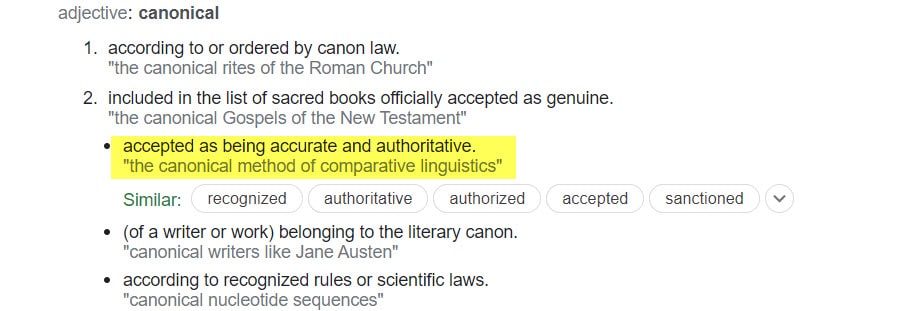
Understanding and Managing Canonical Links in WordPress: An In-Depth Guide
Understanding Canonical Links in WordPress
Canonical links are a crucial tool in the WordPress arsenal for managing content that appears in multiple versions or duplicates across your website. By designating a preferred URL for a page, you can guide search engines to treat that URL as the canonical, or master, version. This not only aids in avoiding duplicate content issues but also enhances your website’s SEO by clearly indicating to search engines which version of your content they should prioritize.
Managing Canonical Links in WordPress
Adding canonical links to your WordPress site can be accomplished with a few simple steps. First, it involves installing an SEO plugin like Yoast SEO, RankMath, or All in One SEO Pack. These plugins offer the option to add canonical links apart from their usual SEO functionality.
Once the plugin is installed, the next step is to enable canonical links from the plugin’s settings. The location of this option may vary based on the plugin used. After enabling the feature, you can add canonical links to individual pages or posts by editing them in WordPress and inputting the URL of the preferred version of the page. The SEO plugin automatically inserts the canonical link into the HTML code of the page.
Appropriate Scenarios for Using Canonical Links
Canonical links can be utilized in various scenarios on your website. Here are a few examples:
- If your website has multiple pages with similar or identical content, canonical links can indicate the preferred version.
- For e-commerce sites offering products with different variations (e.g., color or size), canonical links can consolidate these variations as a single product.
- If your website hosts both HTTP and HTTPS versions of a page, a canonical link can indicate the preferred version.
- For pages with printer-friendly versions, canonical links can prevent these pages from being indexed as separate pages with duplicate content.
WordPress’s Automatic Canonical Link Generation
WordPress automatically generates canonical links for certain content types like category and tag pages to prevent duplicate content issues. However, it’s advisable to manually check whether canonical links are being used correctly across your website. By using SEO plugins like Yoast, RankMath, or All-In-One SEO, you can automatically add canonical links or manually add them to specific pages or posts as needed.
Risks Associated with Changing Canonical Links
Changing canonical links on an established website can pose risks, especially if not done correctly. Such changes can significantly impact SEO and potentially lead to a drop in search engine rankings and traffic if the new canonical link doesn’t align with the previous version’s content or keyword focus. Therefore, it’s crucial to consider why you’re changing the canonical link and ensure the new link aligns with the content on the page. If not, a permanent redirection strategy might be more appropriate.
SEO Risks of Duplicate Content Without Canonical Links
If a website hosts duplicate content without canonical links, search engines may struggle to identify which version to index and rank. This can lead to lower search engine rankings and reduced traffic. Additionally, search engines may waste their crawl budget by crawling multiple versions of the same content, which could limit the indexing of unique pages on your website.
Using Noindex vs. Canonical Links
Marking a page as “noindex” can be an alternative to using a canonical link. However, using a canonical link often proves to be a more effective solution, as it helps consolidate the link equity of multiple pages into a single page, improving search engine rankings and minimizing the risk of penalties for duplicate content.
Managing Canonical Links on Multi-language Websites
On a multi-language website with several English versions, it may be beneficial to use the language with the largest potential audience as the canonical version. However, factors like content similarity across versions, language preferences of your target audience, and the potential impact on search engine rankings and traffic should be considered before making this decision.
In conclusion, canonical links play a pivotal role in managing duplicate content on your WordPress site and enhancing its SEO. By using them correctly, you can help search engines understand the structure of your site, boost your search engine rankings, and enhance user experience.
